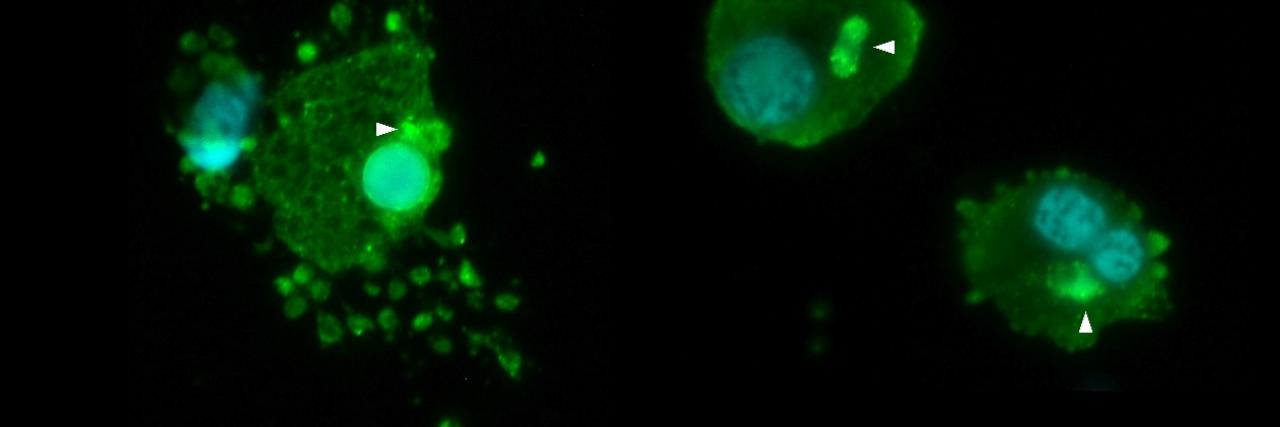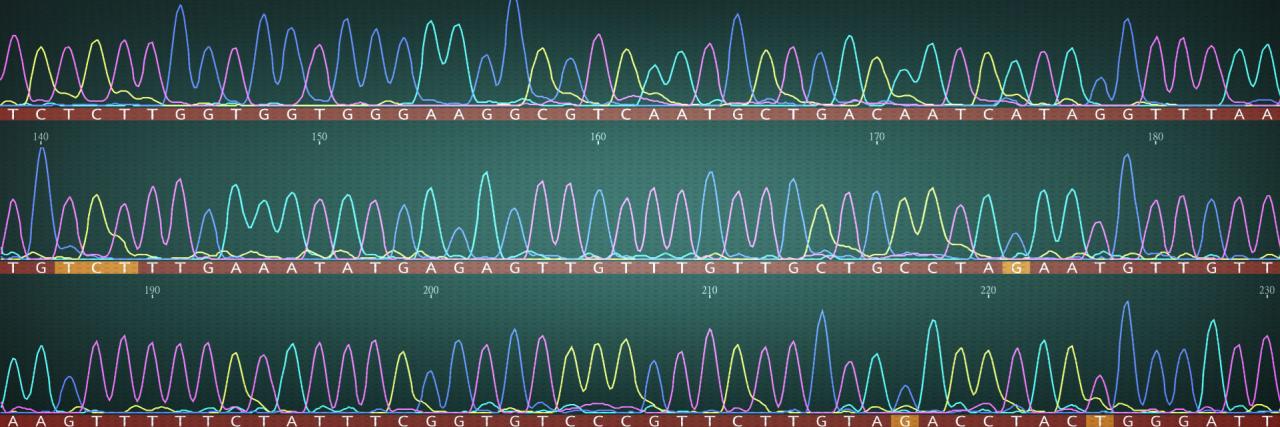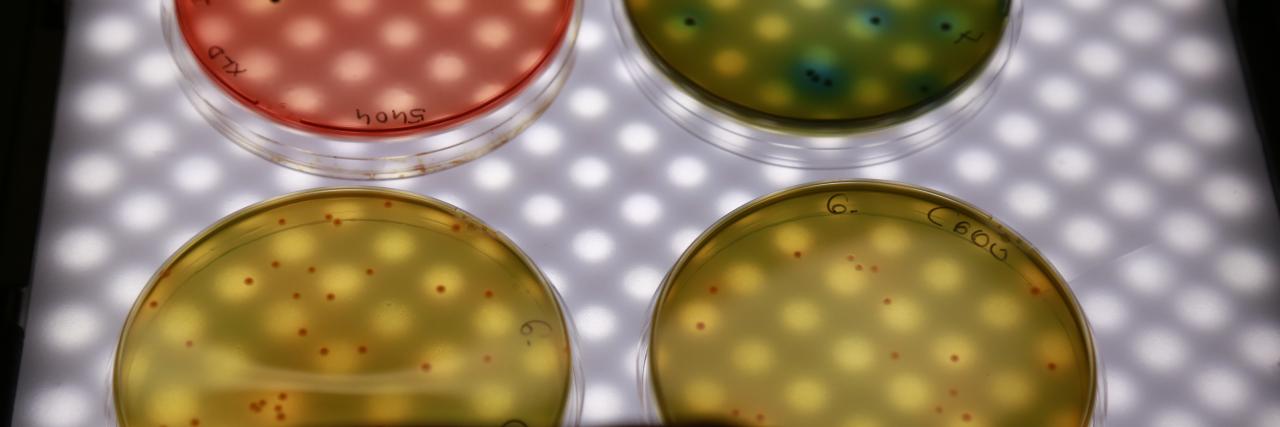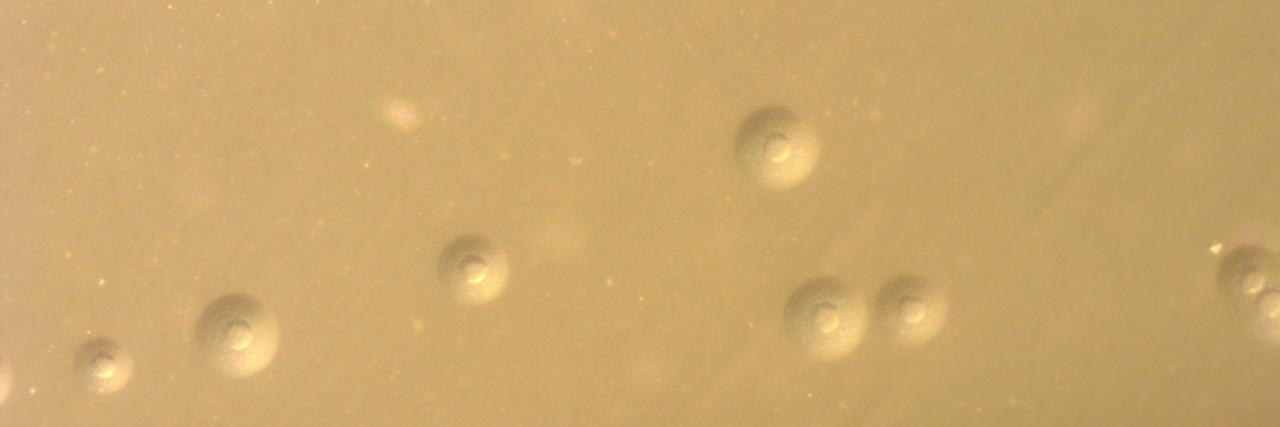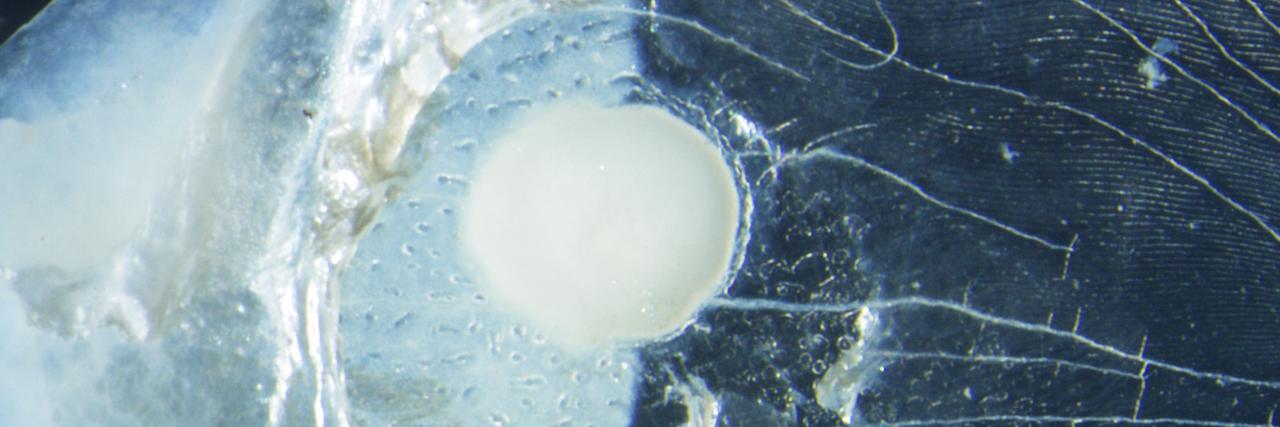The Institute is the sole research facility with principal dedication to veterinary science in Hungary, and is a cornerstone to molecular microbiological investigations in the field. Its fundamental purpose is basic research for gaining better knowledge on pathogens (viruses, bacteria, parasites) with significance in veterinary medicine. Another principal task is to prepare the practical implementation of the results, as well as to develop effective diagnostic methods, vaccines and defensive strategies against diseases. Researchers of the institute have a significant role in higher education of agriculture and sciences, principally in postgraduate training as well as vocational training of veterinarians.

At the HUN-REN VMRI, a rich past and an intense present complement each other. József Csontos (1889-1962), founding director of the then-called Animal Health Research Institute, together with Aladár Aujeszky developed the so-called carbolic glycerinated vaccine against rabies containing fixed virus. After World War II, he played a pivotal role in the eradication of infectious animal diseases, above all classical swine fever and porcine erysipelas, and also took part in organizing the healthcare of large stocks in intensive animal farming.
Among past researchers of the institute, one of worldwide fame was Domokos Derzsy (1914-1975), whose scientific topics of interest spanned almost the entire spectrum of infectious animal diseases. He diagnosed and described several poultry diseases unknown in Hungary before, one of these was that caused by goose Parvovirus, which was named Derzsy’s disease in honor of his internationally significant research on this pathogen.
Adorján Bartha (1923-1996) also worked in the Institute, who was an international school establisher in the field of veterinary virology. He developed the fully attenuated vaccine strain against Aujeszky’s disease (Bartha K-61). Together with his colleagues, he was first to describe type 4, 5 and 8 of the bovine adenoviruses, and they were the first to isolate the bovine herpesvirus Movar/63, which became known as the reference strain of type 4 bovine herpesviruses (BHV-4).
The main area of research of the virology teams in the Institute is some of the significant viral diseases of domestic animals. Analysing the immunological characteristics as well as the genomes of the viruses on the molecular level paves the way to developing new diagnostic methods and vaccines. Their studies also help in molecular epidemiological investigations, and in establishing a taxonomy which accurately reflects the phylogenetic relations of viruses. The task of the bacteriological and mycoplasmatology research teams is to investigate bacteria and Mycoplasma which have significance in both human and animal healthcare. They characterize their virulence and its genetic background, as well as the potential use of this knowledge in disease prevention and diagnostics, with special emphasis on food safety and the prevention of infections spreading from animals to humans. The purpose of the fish pathology and fish parasitology research teams is the regular investigation of fish from natural waters (the Danube, Lake Balaton and their water system) and also from fish farms. Their further tasks are the assessment of damage caused by parasites, studying the effects of pathologically significant parasites on the host, as well as experimental and molecular study of the ontogenesis, pathology and diversity of parasites belonging to Myxozoa and Coccidia.
Two Lendület (‘Momentum’) research teams operate in the Institute. Krisztián Bányai started a new research group on new topics in 2011, they aim to assess the diversity of pathogenic viruses and other microbes. In the case of novel described microbes they investigate their roles in pathogenesis, and identify pathogens associated with diseases using next generation sequencing methods. Miklós Gyuranecz started the Zoonotic bacteriology and mycoplasmatology ‘Momentum’ research group in 2012. The team studies pathogens capable of infecting both animals and humans. These so-called zoonotic pathogens are responsible for human diseases originating directly or indirectly from animals. He endorses the view ‘One World – One Health’, according to which human and animal healthcare cannot be separated, a notion which is increasingly accepted worldwide. His other research topic is mycoplasmatology, investigating the smallest bacterial pathogens.

Director of the
HUN-REN Veterinary Medical Research Institute
Magyar, Tibor DVM, DSc

